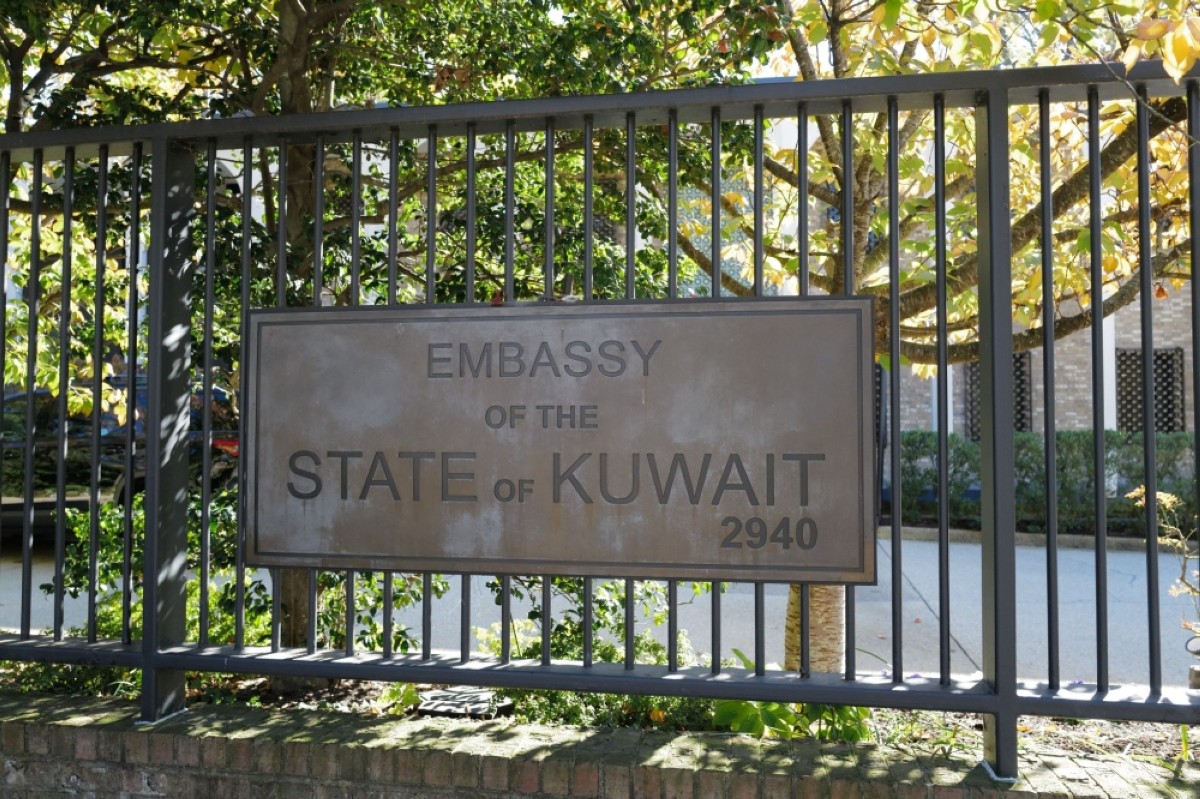WASHINGTON/KUWAIT: Kuwait’s Cultural Office in Washington, DC is reminding Kuwaiti students studying in the United States to comply with US laws and regulations, noting that failure to do so could lead to significant consequences such as visa revocation, deportation, or the loss of scholarships. In a statement, the office stressed that adhering to US rules is essential for maintaining legal status and ensuring an uninterrupted academic experience.
Most notably, the statement, signed by S Yousef Al-Refaei, Cultural Counselor, advised students to avoid participating in protests or events that could jeopardize their legal status in the US. The Cultural Office emphasized that, in line with the Scholarship Regulations, Articles 3 and 24, students must respect the laws of the host country and follow local regulations and legal requirements. Non-compliance may result in visa revocation, deportation, or the forfeiture of scholarship benefits.
In addition, students should ensure that they take the necessary steps to remain in good legal standing. This includes keeping immigration documents, such as the I-20 form, updated. Students should follow university attendance policies and report any changes in their residential address to the appropriate authorities.
The office also called on students to obtain a US driver’s license once they have settled in, as Kuwaiti licenses are not valid in the US. Students should familiarize themselves with local traffic laws to avoid fines and penalties, including paying for any traffic violations on time and ensuring their vehicles are registered and insured.
On housing matters, students must comply with lease agreements, ensuring timely payment of rent and utility bills, and maintaining their living spaces in good condition to avoid damage-related penalties. Financial responsibility is also essential, and students should manage their banking affairs carefully, avoiding issues such as overdrafts or late fees.
This reminder comes amid increasing scrutiny of students with ties to American universities, particularly those who have shown support for Palestine. In recent weeks, several individuals have been detained in a crackdown on immigrants led by the Trump administration, which has been accused of targeting activists and protesters.
The US government, including President Donald Trump, has alleged that some protesters have ties to Hamas. Many of these protesters, however, have clarified that their activism is not in support of Hamas but in opposition to the Zionist entity’s atrocities in Gaza.
The Trump administration has invoked a rarely used statute allowing the Secretary of State to revoke visas for individuals deemed a threat to US foreign policy. As a result, several students and activists have found themselves detained by US Immigration and Customs Enforcement (ICE).
For example, 30-year-old Turkish student Rumeysa Ozturk, a doctoral candidate at Tufts University, was detained after federal officials accused her of supporting Hamas. Ozturk, who co-authored an op-ed calling for her university to sever ties with Israel, has denied the allegations, stating that her activism was limited to peaceful protests. Similarly, Mahmoud Khalil, a Palestinian activist and graduate student at Columbia University, faces deportation after being accused of “antisemitic support for Hamas” for his role in campus protests.
Other students, including Yunseo Chung of Columbia and Badar Khan Suri of Georgetown, have also found themselves targeted by US immigration enforcement due to their political activism, with authorities using their participation in protests as grounds for deportation. — Agencies


















